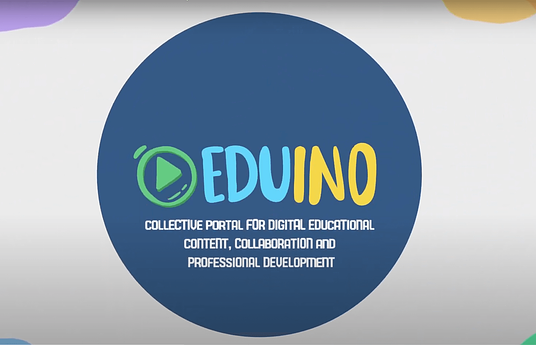Our young people have reported significant feelings of loneliness and isolation during the COVID-19 pandemic as well as a feeling of disconnection from the world. We wanted to ensure we were able to bring the world to students and ensure they still had the opportunity to connect across borders and across cultures to discuss important global challenges, even without the ability to travel.
Students are engaged in a range of synchronous and asynchronous learning activities that explore 'glo-na-cal' themes in education - challenges in education that exist globally, nationally and locally. Students are provided with asynchronous digital activities using a range of digital teaching and learning tools to begin exploring issues that exist in education globally and nationally. Then students are brought together synchronously to engage in collaborative, inquiry-based learning activities to explore these issues with peers from across the range. They connect, learn about each other, create relationships and share their ideas with each other. They use a range of metacognitive strategies to investigate these issues and generate ideas on how to take positive action. They use design-thinking processes, visible thinking routines and collaborative learning activities to work together with peers from different schools, cultures and countries to find commonalities and solutions.
The program has grown from a small handful of schools in the first program in Semester 1 in 2021 to its 4th version in Semester 2, 2022 and now having brought together over 800 students from 90 schools in 8 countries.
Contact Asia Education Foundation at www.asiaeducation.edu.au


